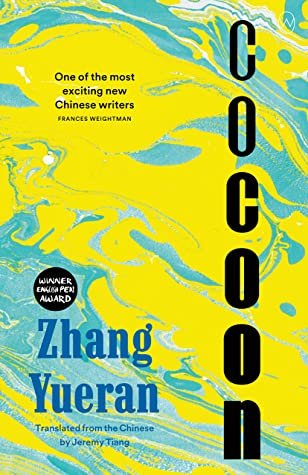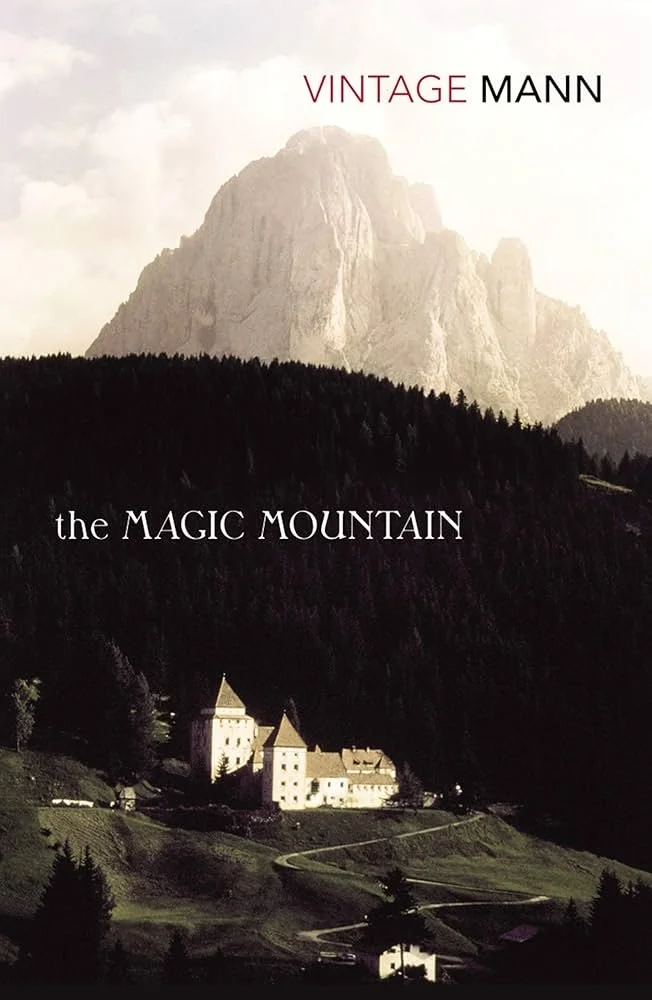“Cocoon” begins with a tantalizingly eerie, almost gothic, setting where a young woman named Li Jiaqi returns to her grandfather's palatial house in the winter. Here “Great swaths of snow are coming down now. As if God were flinging back at humanity every letter we've ever sent him, ripped into tiny pieces.” Not only is there a layer of snow but “This ancient country was under a thick layer of dust, and leaving would feel like being cleansed.” Her respected and reclusive grandfather is seriously ill. While staying with him she goes to see Cheng Gong, a childhood friend who she hasn't spoken to in some time. As they recollect and sift through the past, the narrative alternates between their perspectives and the troubled lives of the proceeding generations are gradually unwound. Their parents and grandparents were traumatized or perished amidst the strident political conflicts of the previous decades and the Chinese Cultural Revolution. However, Jiaqi and Gong were never informed about exactly what happened or the truth about the bloody events their families lived through. As wilful and defiant children in the 1980s they felt their lives were hampered by seismic events of the recent past, but only now that they're older can they get a better understanding of how their families were impacted by this history.
Though there is a sharp contrast between Jiaqi's stoic grandfather and Gong's grandfather who remained in a coma for many years, they are equally distant and inaccessible to their grandchildren. The generational schism between the grandparents and parents is also palpable. But it's difficult for Jiaqui and Gong to understand where the blame is located and who the real victims were. They embark upon their own investigations as “I definitely had a strong desire to walk among these adults and take on their burden of culpability. Maybe because my life was so empty, I needed to enter a world that didn’t belong to me in order to find meaning.” Neither of them have been able to find positive purpose or success in their lives. In a sense they are haunted by the recent history which neither is able to access or fully understand. However, through their discussions they gradually piece together some aspects of the past.
I enjoyed the moodiness of this novel and the way it portrays these generational divides especially when the country has undergone such violent recent change. It reminded me somewhat of the Chilean novel “The Remainder” in how it depicts how children can never fully access the traumatic history which has inadvertently shaped them. Jiaqi continuously has nightmares about matryoshka dolls which seems an apt symbol as no matter how many containers of the past she and Gong open they aren't ever able to get to the true meaning of what preceded them. There's also a bitterness to these wilful individuals which is endearing in a nihilistic way as they believe “Memory is selective, and my memory would rather cling to suffering.” There's a memorably horrific scene where Jiaqi discovers a fetus in a toilet, but this is questioned as it might have been something she invented. In contrast to the central characters are Jiaqi's cousin Peixuan who is diligent, honours her parents/grandparents and started a new life in America but is scarred from an early encounter with Gong. And there is Jiaqi's father's mistress Wang Luhan who is a hard won survivor. While these characters keep an eye on the future, Jiaqi and Gong are determined to stew in the past. This story presents a complex puzzle of these characters lives with pieces which seem to vanish as soon as they are fitted into place.









